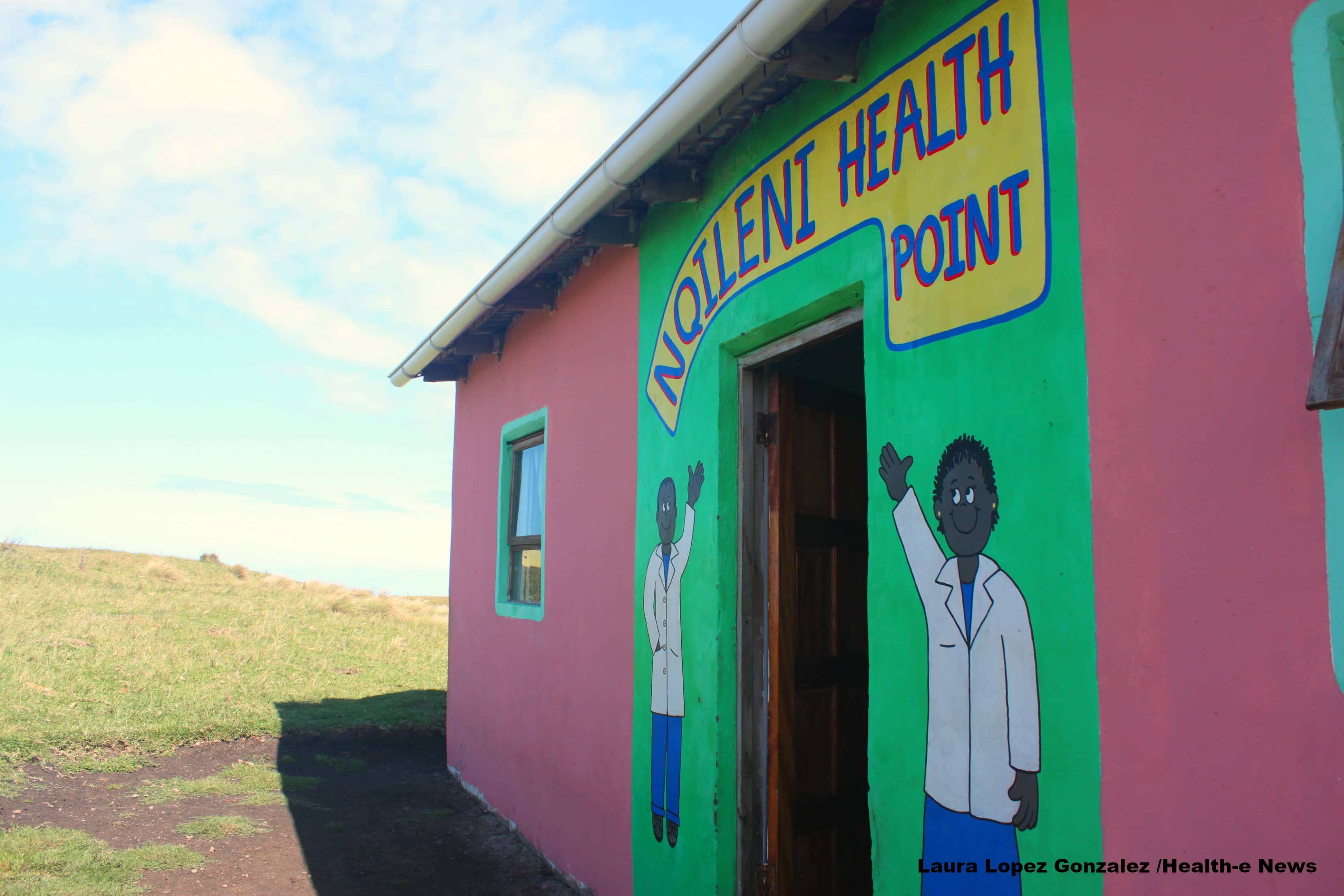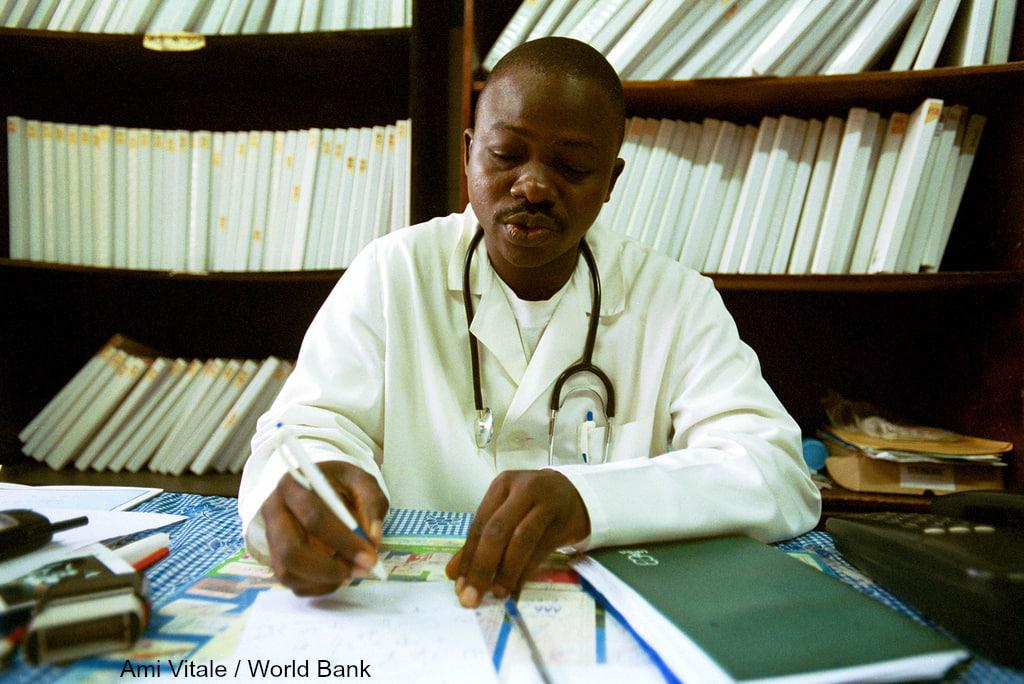Urban-rural inequalities will hamper a successful NHI

Only 12 percent of doctors and less than 20 percent of nurses in the public sector work in rural areas, despite the fact that people living in these areas make up almost half of the country’s population.
This is according to a report, Protecting Rural Healthcare in Times of Economic Crisis launched by the Rural Health Advocacy Project (RHAP) in Johannesburg on Tuesday.
The report includes a detailed summary of South Africa’s health and economic context as well as examples from other countries on how they dealt with access to healthcare in a tough economic climate.
One of the NHI’s biggest challenges is the unfair distribution of healthcare workers, said RHAP’s Russell Rensburg at the launch.
He said to be in-line with the NHI, the distribution must be informed by equity, but at the moment most healthcare workers were located in urban settings and as one moved further and further away from the centre, the numbers fall.
Rensburg said South Africa has 42 health information systems in the public sector and multiple systems in the private sector making it “very difficult to get a complete picture of what our overall health needs are and what the best response is”.
“You can only measure what you can manage and you can only manage what you can measure,” he explained.
Do health workers reject rural postings?
Rensburg said healthcare workers had a responsibility to practise in areas where the need was greatest but many were unwilling to do so.
Compulsory community service is a strategy to try to increase the number of healthcare workers in rural areas, but, he said, every year without fail, a significant number of medical graduates reject rural posts.
RHAP’s Marije Versteeg said even though a few graduates encounter barriers, the concern remains that “medical doctors argue that there are no community service posts and hence they are unemployed, but in fact, they refused to take up available rural posts”.
“Our issue with community service is the disproportionate number of posts allocated to urban over rural areas,” she said.
In contrast, other health workers, according to Versteeg, especially clinical associates often cannot find employment because not enough posts are available, and many that do exist are frozen, due to austerity.
Austerity should never disable the workforce
In response to slow economic growth since the 2008 global financial crisis, the South African government implemented austerity measures to contain costs, including the freezing or cutting of posts for medical personnel, according to the report. However, sacrificing funding directed at the health workforce only weakened the system and worsened access.
The report noted that the negative impacts on health caused by a continued “constrained fiscal environment” will become more apparent as resource demands increase with the implementation of the NHI.
“At a minimum, extra resources are needed to account for the effects of inflation on prices in the health sector. Realistically though, more healthcare workers are always necessary to broaden access to services and to account for ever-increasing demand.”
Is a ‘different way’ the solution?
Rensburg suggested the current setup needed to be rethought as South Africa moved closer towards the implementation of the NHI.
“The government keeps talking about expansion but where is the money to back this? It will take at least five to 10 years until the NHI is implemented and, in the meantime, we need a different way of approaching health. This means more (equitably distributed) healthcare workers, and more money, especially in tough economic times,” he said. – Health-e News
Author
Republish this article
This work is licensed under a Creative Commons Attribution-NoDerivatives 4.0 International License.
Unless otherwise noted, you can republish our articles for free under a Creative Commons license. Here’s what you need to know:
You have to credit Health-e News. In the byline, we prefer “Author Name, Publication.” At the top of the text of your story, include a line that reads: “This story was originally published by Health-e News.” You must link the word “Health-e News” to the original URL of the story.
You must include all of the links from our story, including our newsletter sign up link.
If you use canonical metadata, please use the Health-e News URL. For more information about canonical metadata, click here.
You can’t edit our material, except to reflect relative changes in time, location and editorial style. (For example, “yesterday” can be changed to “last week”)
You have no rights to sell, license, syndicate, or otherwise represent yourself as the authorized owner of our material to any third parties. This means that you cannot actively publish or submit our work for syndication to third party platforms or apps like Apple News or Google News. Health-e News understands that publishers cannot fully control when certain third parties automatically summarise or crawl content from publishers’ own sites.
You can’t republish our material wholesale, or automatically; you need to select stories to be republished individually.
If you share republished stories on social media, we’d appreciate being tagged in your posts. You can find us on Twitter @HealthENews, Instagram @healthenews, and Facebook Health-e News Service.
You can grab HTML code for our stories easily. Click on the Creative Commons logo on our stories. You’ll find it with the other share buttons.
If you have any other questions, contact info@health-e.org.za.
Urban-rural inequalities will hamper a successful NHI
by Amy Green, Health-e News
April 10, 2019



